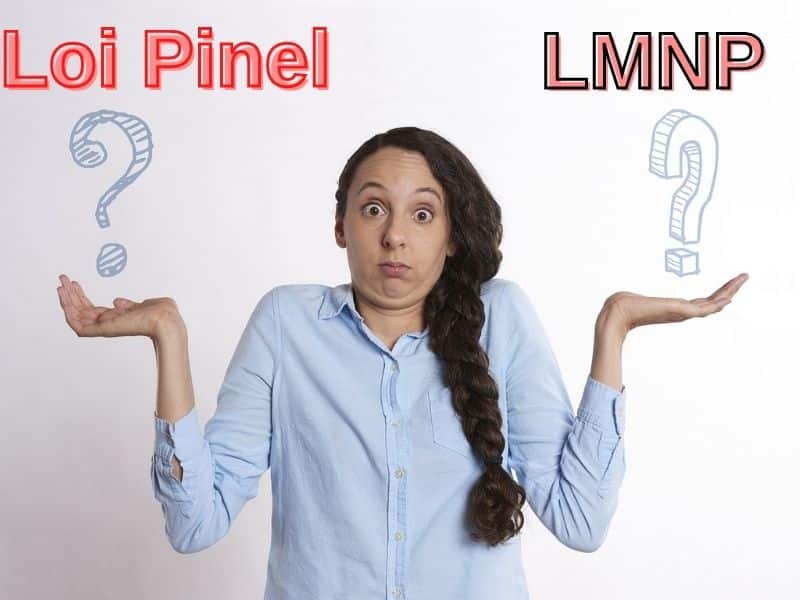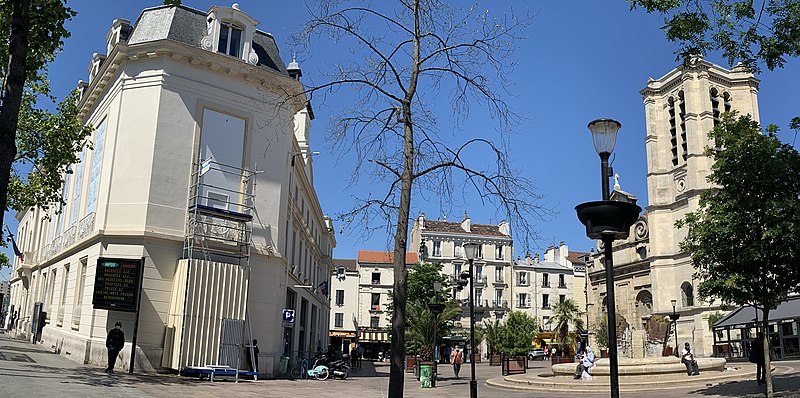In recent years, the real estate sector has been attracting more and more investors. In order to support the latter and encourage them to get started in the sector, various support mechanisms for rental investment have been put in place by the government, including the Pinel law and the LMNP status. But which of the two is more interesting: Pinel law or LMNP? Decryption and advice from our experts.
Summary
What is the Pinel law?
Passed in September 2014, the Pinel law is a tax exemption scheme whose main objective is to revitalize the rental supply in areas with high demand. As such, it consists of a tax reduction of up to 21% of the acquisition cost of a new property. This allows landlords to offer low-rent housing to low-income households.
The Pinel device is theone of the most interesting devices as part of a rental investment. Initially scheduled to end in December 2022, it has been extended until December 2024, with however a reduction in the tax reduction granted. For more information on the subject, do not hesitate to contact a property developer such as Nexity.
What is the LMNP?
The LMNP status (non-professional furnished rental company) is a device that allows investors to benefit from more advantageous taxation as part of their real estate project.
It is aimed at individuals who wish to rent furnished accommodation, old or new. To find out more about the LMNP system, do not hesitate to contact the property developers in your region.
Pinel law or LMNP: eligibility conditions
Access to each of these devices meets very specific legal requirements.
What are the eligibility conditions for the Pinel scheme?
To benefit from the tax exemption provided for by the Pinel law, you must meet a certain number of conditions:
- Invest in new housing located in zone A, A bis or B1 and with a maximum value of €300,000 (or €5,500/square meter);
- Ensure that the property complies with energy standards;
- Rent the accommodation for a period of 6, 9 or 12 years;
- Renting your property to a household with limited resources.
It should also be noted that the accommodation must be rented out within 12 months of completion. It must also be inhabited as a principal residence by the tenants. Non-compliance with one of the conditions automatically cancels the tax reduction.
What are the conditions for benefiting from LMNP status?
To obtain the status of non-professional furnished lessor, you must invest in a furnished service residence (students, tourists or seniors) or a hospital for dependent elderly people (EHPAD).
Unlike the Pinel, the accommodation can be old or new. However, your property income must be limited to €23,000 per year or represent less than half of your overall income.
What are the benefits of each device?
The Pinel device and LMNP status offer quite distinct advantages.
The advantages of the Pinel law
Although the eligibility conditions for the Pinel law are relatively numerous, this system has many advantages.
It allows investors to rent out their property for a period of 6 to 12 years, with a tax reduction ranging from 12 to 21% on the cost of the project. You can therefore save up to €63,000 on the amount of your taxes.
In addition to tax reductions, the Pinel law allows you to deduct certain expenses from your property income. It thus facilitates the constitution of a real estate heritage over the long term.
For more details on the mechanism of the Pinel law and its advantages, we highly recommend the video below, produced by the Nexity team.
The advantages of LMNP status?
The status of non-professional furnished rental also has interesting advantages. It allows the owner, in particular, to choose your tax regime (micro-bic or real regime) and to benefit from a recovery of VAT on the cost of housing.
When you invest in a service residence, the agency fees are borne by the commercial lessor and you receive the rents on time, even if there are no tenants. Furthermore, you can rent your property as a main or temporary residence. You can also offer a seasonal rental.
Pinel law or LMNP: what to choose ?
The Pinel law and the LMNP status are two aid mechanisms forrental investment which unfortunately cannot be combined. So you have to choose one. To do this, consider the following parameters:
Legal requirements
Considering the eligibility conditions, the status of non-professional furnished rental is much more flexible and more advantageous than the Pinel law.
Indeed, it allows you to invest in a new or old property, whatever its location, and to rent it without means test. It is then much easier to find a tenant, given the low requirements imposed.
However, it must be recognized that the bare rental proposed by the Pinel law is a highly appreciated solution, especially by individuals, families or couples wishing to settle permanently.
The tax reduction
In the short term, the Pinel law is more advantageous than the LMNP for owners who wish to save on their taxes. The tax reduction offered here becomes applicable from the first year of rental, thus reducing your taxes over the entire period (6, 9 or 12 years).
The profitability
Overall, investing in LMNP is more profitable than investing in Pinel (5% in LMNP versus 3% in Pinel). The first formula therefore makes it possible to generate a more interesting surplus of income to prepare for your retirement.
Nevertheless, investing in Pinel has a particularly interesting feature. Once the rental period has expired, you can use your property, rent it out or sell it.




